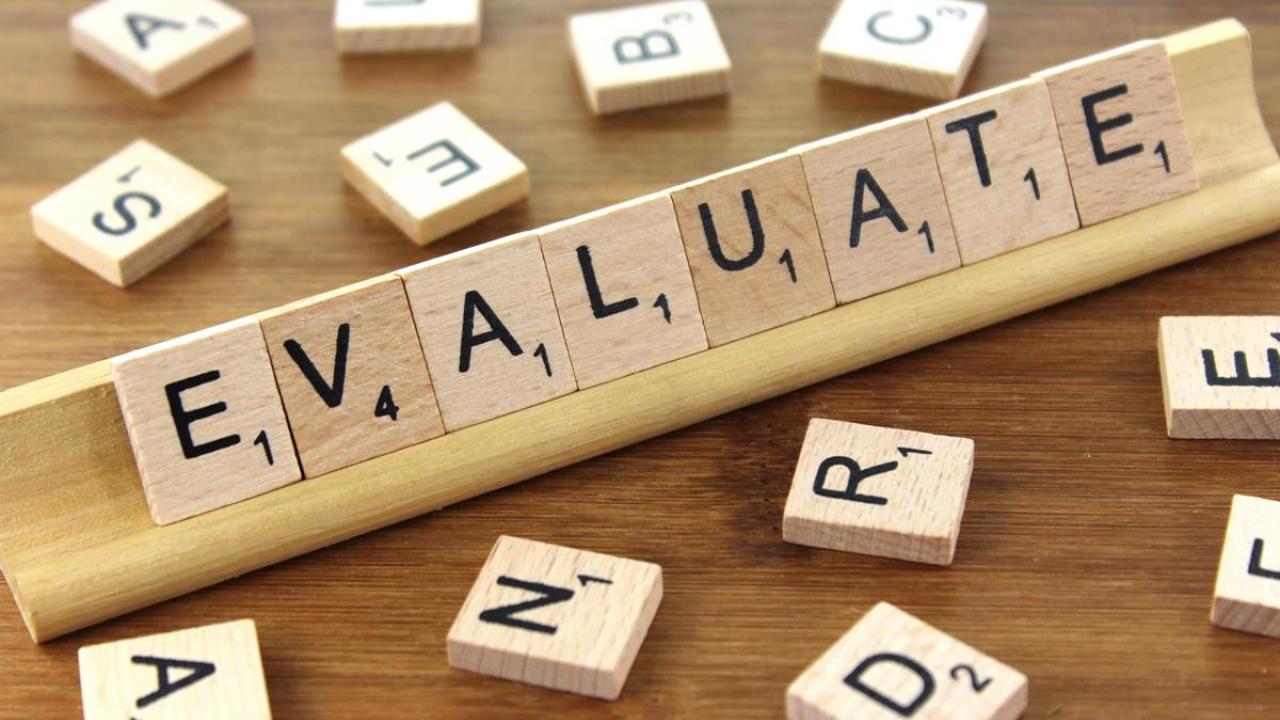
💡 Grant Writing Tip: Evaluating Your Research
Not including an evaluation plan is one of the most common mistakes that people make in grant writing. Regardless of whether your funding solicitation requires a separate section for the plan or not, you will need to include some type of assessment strategy in your proposal. What is an evaluation plan, and how is it used? Read on to learn what assessments are and why they're critical in your grant!
Types of assessments
The two most common types of evaluation are formative and summative assessments.
- Formative assessments are “progress reports." For students, midterms gauge learning progress and help determine if changes in study habits are needed mid-term. Similarly, formative assessments measure research progress and determine if adjustments are needed to correct issues before investing too heavily in a line of work.
- Summative assessments happen at the end of a project to determine whether the research was successful, like a “final exam." In summative assessments, a project’s final results are measured against original objectives to determine if the research achieved the intended goal.
Why are evaluation plans important?
When former DARPA director, George Heilmeier, developed his seminal grant review criteria, the final criterion was: “What are the mid-term and final ‘exams’ to check for success?” Funding agencies are interested in supporting exciting research, but they also want to know their investment will succeed. So when applying for funding, it's critical to explain how you will determine whether you've achieved your goal. Funding agencies often request regular reports to assess your progress, but minimally, they require a final report to determine the overall success of your project. The formative and summative assessments you build into your project are the "checks for success” in your research journey, and are critical to determining the efficacy of your project both during and at the end of the funding period.
What needs an assessment plan?
Solicitations may include guidelines for evaluation plans, but generally, each objective and activity should include a means of assessment. Each activity is a step taken to toward your overall research goals (objectives), so be sure to explain how you will know each step is heading in the right direction. Since outreach and education programs typically have their own activities, they should also include means of assessment.
Bottom Line
Evaluation plans show reviewers that you’ve carefully planned your activities and are invested in their success. Not only do assessments help reviewers, they also help you reflect and develop your research—what is working, what isn’t, what needs changing now, and what should be changed in future work. Assessment is critical, so don’t forget to include an evaluation plan in your next proposal!